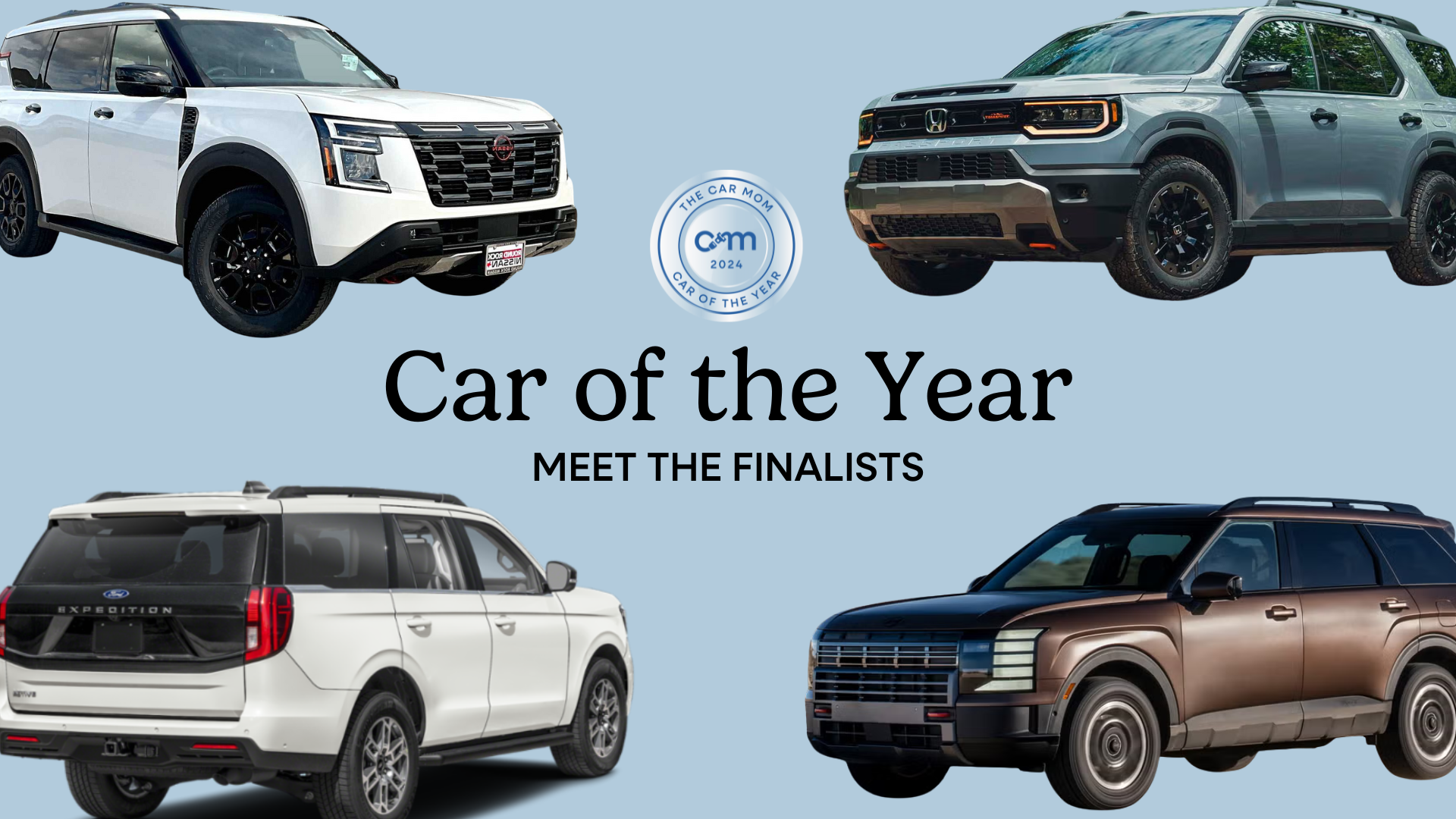United States Car Tariffs: Will New & Used Car Prices Increase?
Please note: As of April 8, 2025, the U.S. government has announced a 90-day pause on all new automotive tariffs. While there are still tariffs in place on certain materials like aluminum and steel, the tariffs on imported cars and auto parts are currently on hold until at least early July 2025. The situation is evolving, and we’ll update this post as more information becomes available.
If you’ve been following the news, you’ve probably heard a lot of buzz about car tariffs lately. Headlines are filled with predictions about sky-high prices, dealerships urging buyers to act fast, and uncertainty about how this will all shake out. It’s enough to make anyone feel overwhelmed—especially if you’re in the market for a new car.
Here’s the thing: while there’s a lot of speculation, no one knows for sure exactly how these tariffs will impact car prices just yet. That’s why I’m here to break it all down for you.
If you’re new here—welcome! I’m Kelly The Car Mom, and helping families find the best car for their needs is my thing. I’m a Child Passenger Safety Technician (CPST), mom of four, and if there’s one thing I know better than anything else – it’s cars. My goal is to help you make sense of what’s available on the market to make the best decision for your car, whether it’s for a family or not.
Without any further introduction, let’s dive into the facts and clear up some of the confusion.
What Are These Tariffs All About?
To understand how tariffs could influence car shopping, let’s start with what’s actually changing. Two key tariffs have recently gone into effect:
Imported Car Tariffs: A 25% tariff on imported vehicles, effective April 3, 2025.
Imported Auto Parts Tariffs: A 25% tariff on imported parts, starting May 3, 2025.
The goal of these tariffs is to promote domestic manufacturing by making imported goods more expensive. However, many cars assembled in the U.S. still rely on imported parts, so even “American-made” cars might see price increases. This has created a snowball effect of uncertainty across the auto market as everyone waits to see how manufacturers and dealerships will respond.
Ripple Effects Across The Car Market
While we don’t have a crystal ball, here are some potential ways these tariffs could impact the car market:
Will New Car Prices Go Up?
Imported cars are expected (keyword is expected, not 100% certain) to see the largest price increases—some estimates suggest $6,000 or more per car. However, even cars assembled in the U.S. could become more expensive due to rising costs for imported parts. That said, no manufacturer has officially announced price hikes yet, so all of this remains speculative.
Used Cars Are A Tariff-Free Alternative, But May Become More Expensive Due To Demand
Used cars aren’t subject to tariffs because they’re already here in the country. But here’s the catch: if new car prices go up because of tariffs, more people might start shopping used instead. That kind of demand can cause prices to rise in the pre-owned market, too.
And don’t let a dealership try to convince you that tariffs are a reason to jack up the price on a used car that’s already on their lot. That car’s already been imported—tariffs don’t apply!
The Hidden Costs Of Repairs And Maintenance
The tariff on auto parts means repairs could become more expensive—especially for cars that rely heavily on imported components. If you’re shopping for a used car, it’s worth considering models that don’t require frequent or costly repairs with foreign-made parts.
What Dealerships And Media Are Saying
It’s no secret that dealerships want to sell cars—and some are using tariff uncertainty as a way to create urgency. You might hear phrases like “prices could go up any day now” or “buy now before it’s too late.” While there may be truth to these claims in certain cases, it’s important not to let fear drive your decision-making process.
The media also plays a role in amplifying speculation with bold predictions about price hikes ranging from $5,000 to $10,000 per car. While these numbers grab attention, they’re ultimately just forecasts—not guarantees.
The key takeaway? Stay informed but don’t panic—there’s time to make thoughtful decisions.
Debunking Myths About “American-Made” Cars
When people think of “American-made” cars, brands like Ford or Chevy often come to mind. But here’s the reality: many foreign manufacturers assemble cars in U.S. factories using a high percentage of North American parts.
For example:
Honda and Toyota produce several models domestically.
Kia and Hyundai have manufacturing plants in Georgia and Alabama.
These cars contribute significantly to the U.S. economy and can be just as “American” as traditional domestic brands. So don’t limit your options to only a few brands—do your research and focus on finding a car that fits your needs and budget.
Smart Strategies For Car Shopping Right Now
If you’re feeling overwhelmed by all this information, take a deep breath—you don’t need to make any rash decisions. Here are some practical tips for navigating this uncertain time:
If You’re Set On A New Car: Consider (just consider, not go out immediately) buying sooner rather than later to avoid potential price hikes.
Shop Around: Call multiple dealerships to compare prices—some may use tariffs as an excuse to inflate costs unnecessarily.
Evaluate Used Vs. New: Assess whether a used car might be a better financial option for you, or if a new car is the best for your family right now.
Think Long-Term: Avoid cars that require frequent repairs with imported parts to minimize future maintenance costs.
Stay Calm: Take your time and make sure you’re fully ready before committing to a purchase. Trust me, having to re-purchase an entirely new car because the one you originally chose doesn’t work will be much more expensive.
Remember: Thoughtful planning beats impulsive decisions every time.
The Best Way To Car Shop With The New U.S. Tariffs Is To Stay Calm And Informed
While tariffs may impact car prices in the future, the majority of the current discussion remains speculative—and fear shouldn’t drive your decision-making process. Focus on what you can control: staying informed, assessing your needs, and shopping thoughtfully.
Have questions about how tariffs might affect your car shopping journey? Drop them below—I’m here to help! And for more family-focused car tips and insights, check out my other posts:





